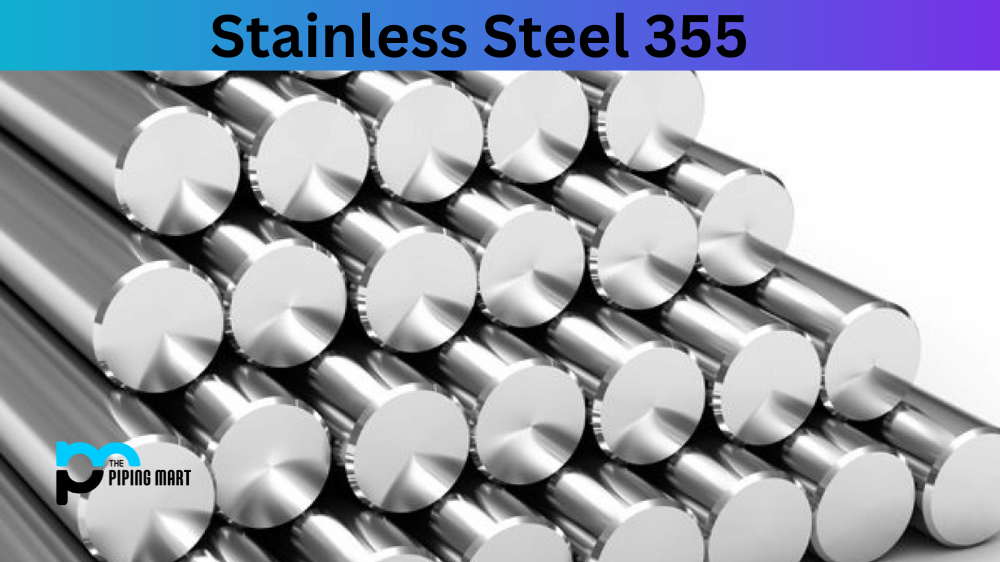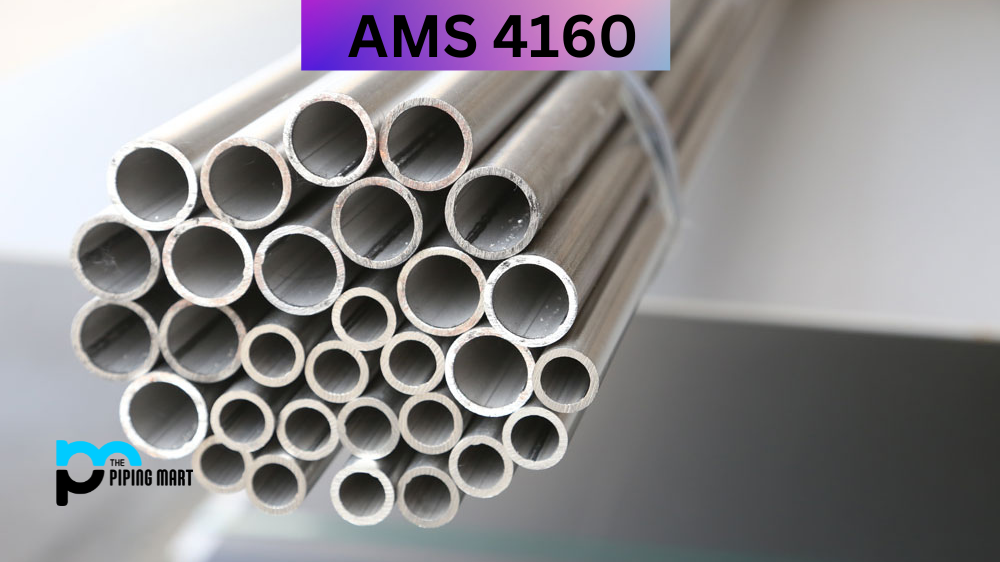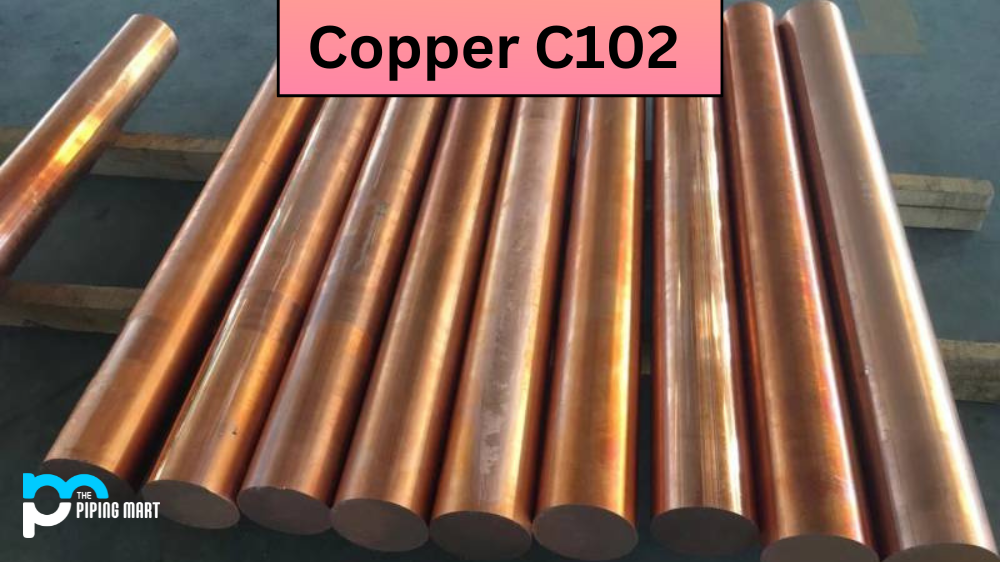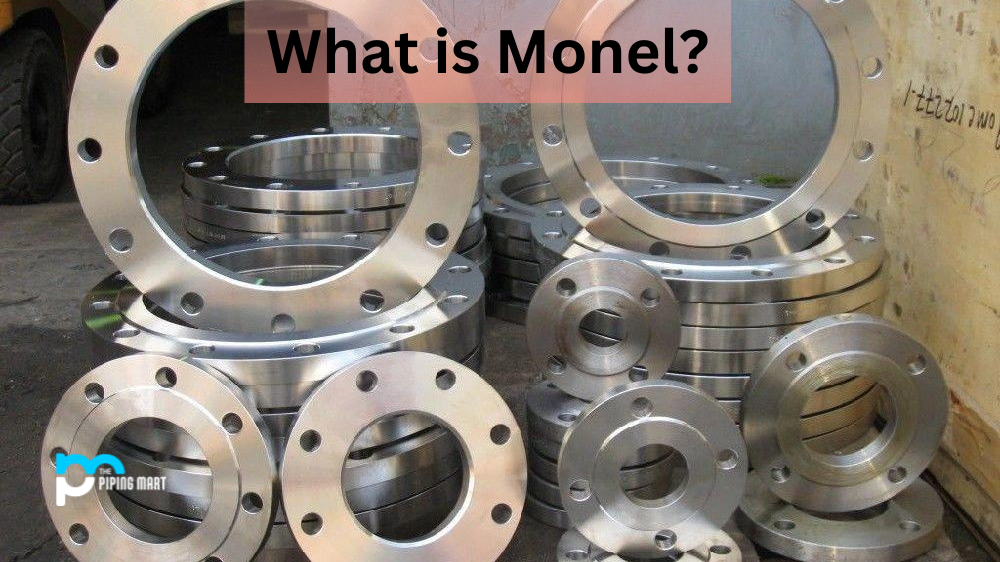Stainless Steel 355 is a high-performance austenitic stainless steel that offers exceptional strength, corrosion resistance, and durability. Its superior mechanical, physical, and chemical properties make it suitable for various industrial applications, including oil and gas, chemical processing, power generation, and food processing. This blog post will explore the multiple aspects of stainless steel 355, including its composition, mechanical and physical properties, uses, corrosion resistance, heat treatment, welding, and machining.
355 Stainless Steel Composition
The composition of stainless steel 355 includes high levels of chromium, nickel, and molybdenum, which provide excellent resistance to corrosion and high temperatures. It also contains small amounts of carbon, nitrogen, and manganese, which give strength and toughness to the material. Other elements like silicon and phosphorus may also be added to improve its mechanical properties.
| Element | Content (%) |
|---|---|
| Iron, Fe | 73.53 – 77.33 |
| Chromium, Cr | 15 – 16 |
| Nickel, Ni | 4 – 5 |
| Molybdenum, Mo | 2.5 – 3.5 |
| Carbon, C | 0.10-0.15 |
| Manganese, Mn | 0.5-1.25 |
| Silicon, Si | 0.5 |
| Phosphorous, P | 0.04 |
| Sulfur, S | 0.03 |
355 Stainless Steel Mechanical Properties
Stainless steel 355 offers exceptional mechanical properties such as high tensile strength, yield strength, hardness, and elongation. It has a tensile strength of around 670 MPa and a yield strength of 310 MPa. The material also has excellent hardness levels of about 240 Brinell, making it suitable for applications that require high wear resistance.
| Properties | Metric | Imperial |
|---|---|---|
| Elastic Modulus | 190 – 210 GPa | 27557 – 30458 ksi |
| Poisson’s Ratio | 0.27 – 0.30 | 0.27 – 0.30 |
355 Stainless Steel Physical Properties
The physical properties of stainless steel 355 are also impressive. It has a density of around 8.05 g/cm3, higher than most conventional materials. It also has a melting point of 1510–1580 degrees Celsius and a thermal conductivity of around 15 W/m-K.
| Properties | Metric | Imperial |
|---|---|---|
| Density | 7.7 – 8.03 g/cm3 | 0.278 – 0.290 lb/in³ |
355 Stainless Steel Equivalent
Other designations that are equivalent to 355 stainless steel include the following:
- AMS 5547
- AMS 5549
- AMS 5743
- AMS 5744
- AMS 5780
- ASTM A564
- ASTM A579
- ASTM A693
- ASTM A705
- SAE J467 (AM-355)
- MIL S-8840
355 Stainless Steel Uses
Stainless steel 355 is widely used in various industries due to its superior properties. It is commonly used in oil and gas applications such as drilling equipment, offshore installations, and pipelines. It is also used in chemical processing equipment such as reactors, heat exchangers, and storage tanks. Other applications of stainless steel 355 include power generation, pulp and paper, and food processing industries.
355 Stainless Steel Corrosion Resistance
One of the critical features of stainless steel 355 is its excellent corrosion resistance. Its high levels of chromium and nickel provide superior protection against corrosion from various acidic and alkaline environments. It also offers excellent resistance to pitting, crevice corrosion, and stress corrosion cracking.
355 Stainless Steel Heat Treatment
Stainless steel 355 can be heat treated to improve its mechanical and physical properties. It can be subjected to annealing, quenching, and tempering to achieve the desired strength, hardness, and ductility.
355 Stainless Steel Machining
Stainless steel 355 is relatively easy to machine despite its high strength and hardness. However, it may require specialized tools and techniques to achieve the desired finish and accuracy.
355 Stainless Steel Welding
The welding of stainless steel 355 requires special attention due to its high strength and properties. Using filler materials with similar compositions is recommended to reduce the risk of thermal cracks and welding defects.
Conclusion
In conclusion, stainless steel 355 is a high-performance stainless steel that offers numerous benefits compared to conventional materials. Its superior mechanical, physical, and chemical properties make it suitable for various industrial applications, including oil and gas, chemical processing, power generation, and food processing. Its excellent corrosion resistance and durability make it a preferable material for demanding environments. Whether you are an engineer, manufacturer, or end-user, stainless steel 355 is a material worth considering for your next project.

Pipingmart is a B2B portal that specializes in metal, industrial and piping items. Additionally, we share the latest information and information about materials, products and various types of grades to assist businesses that are involved in this business.




